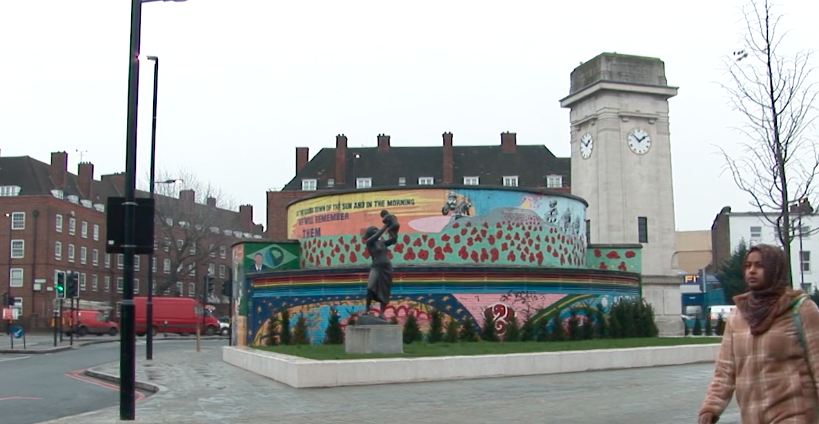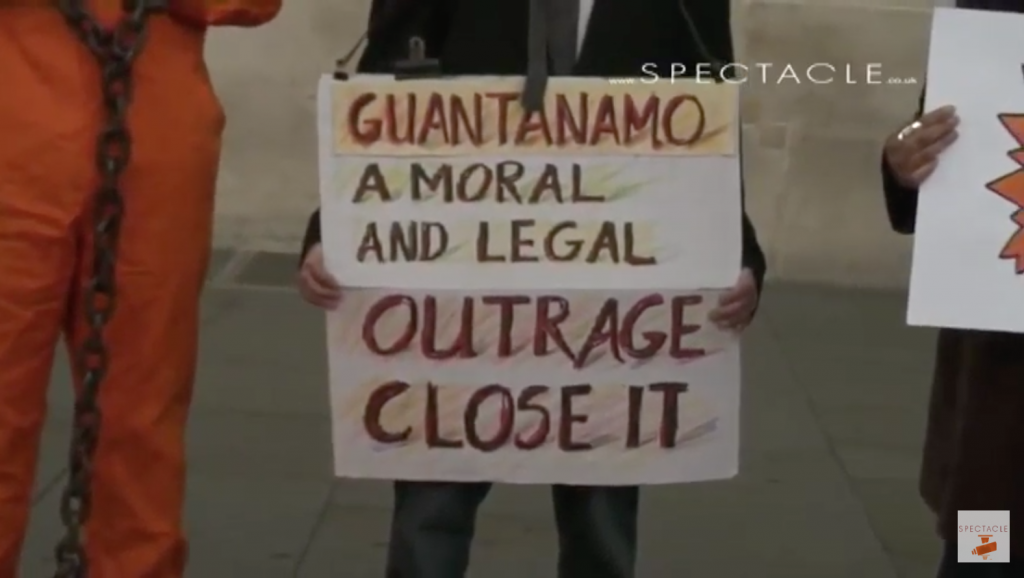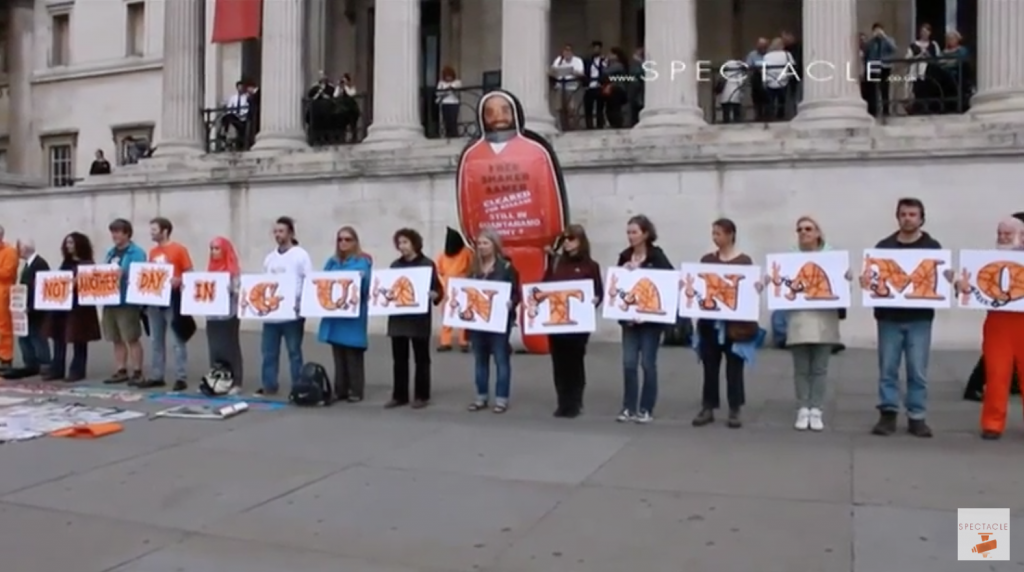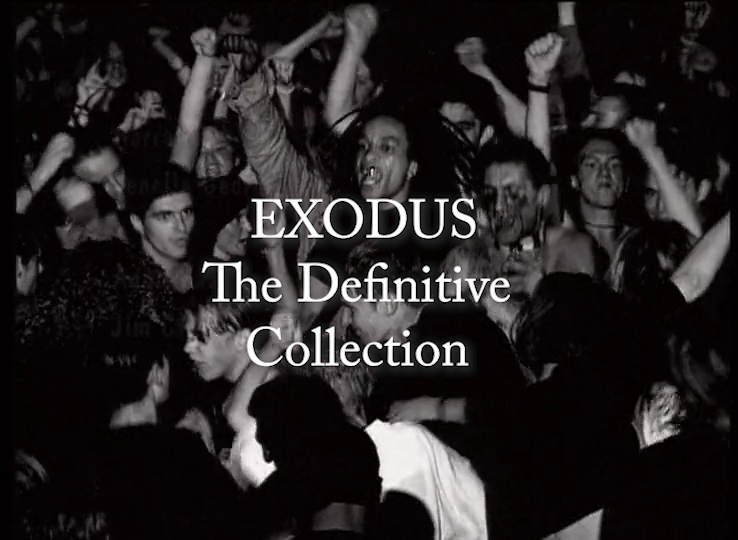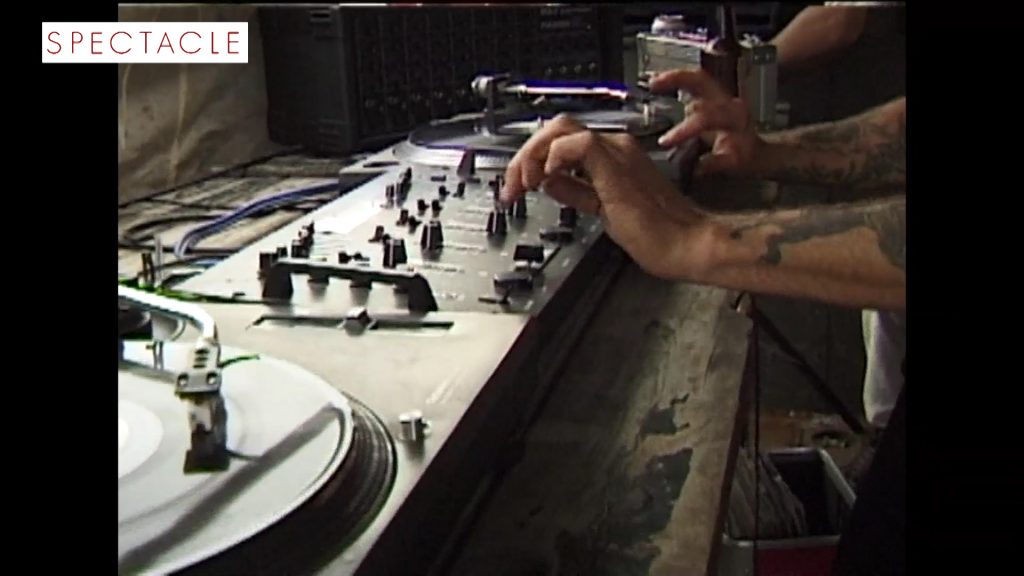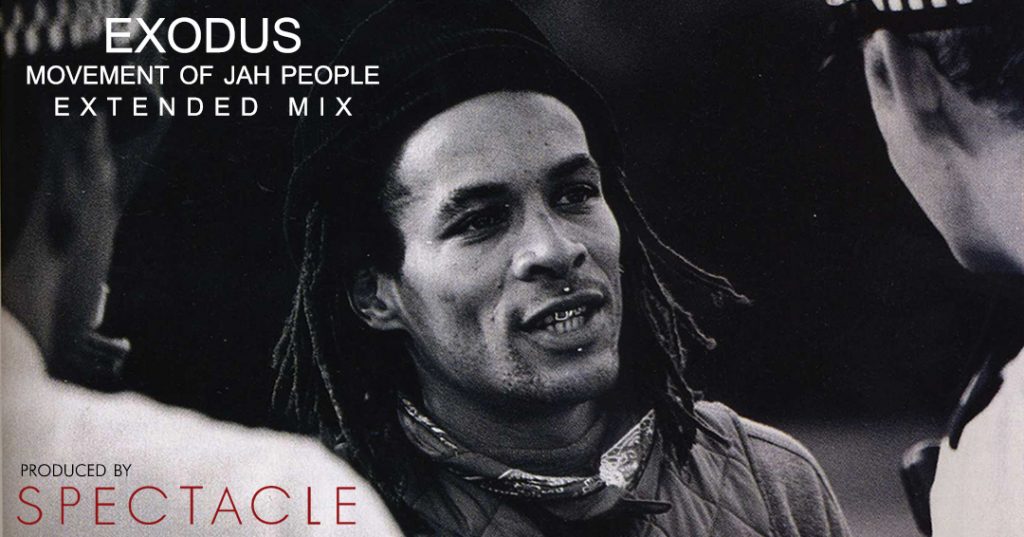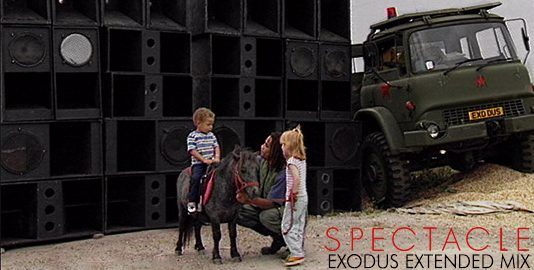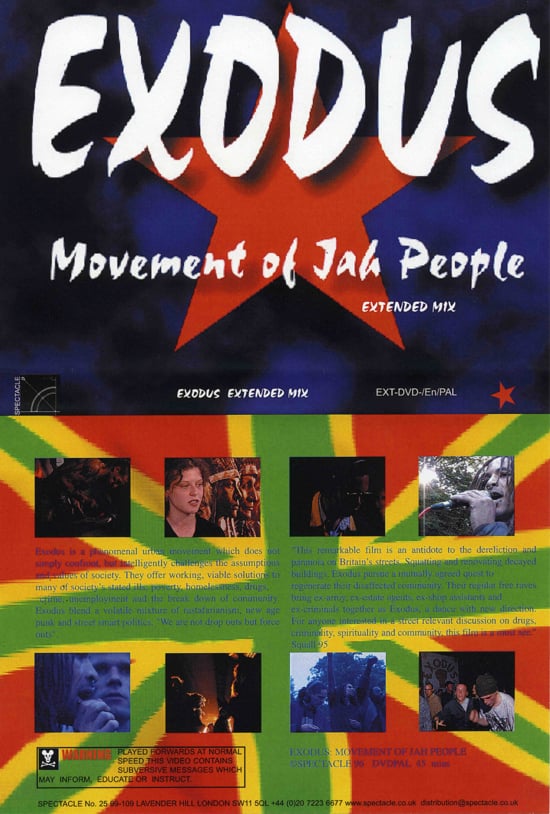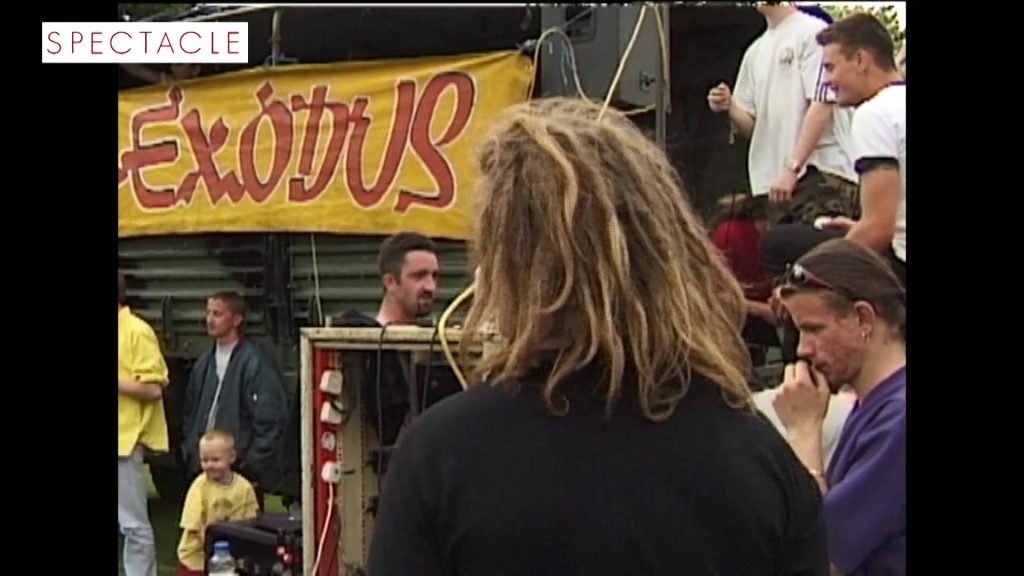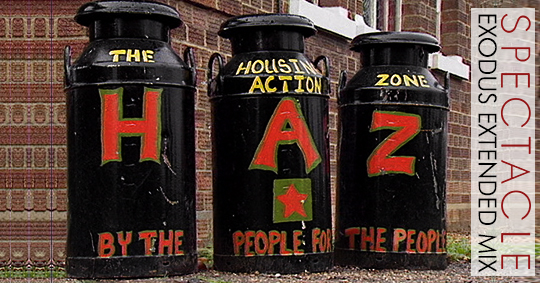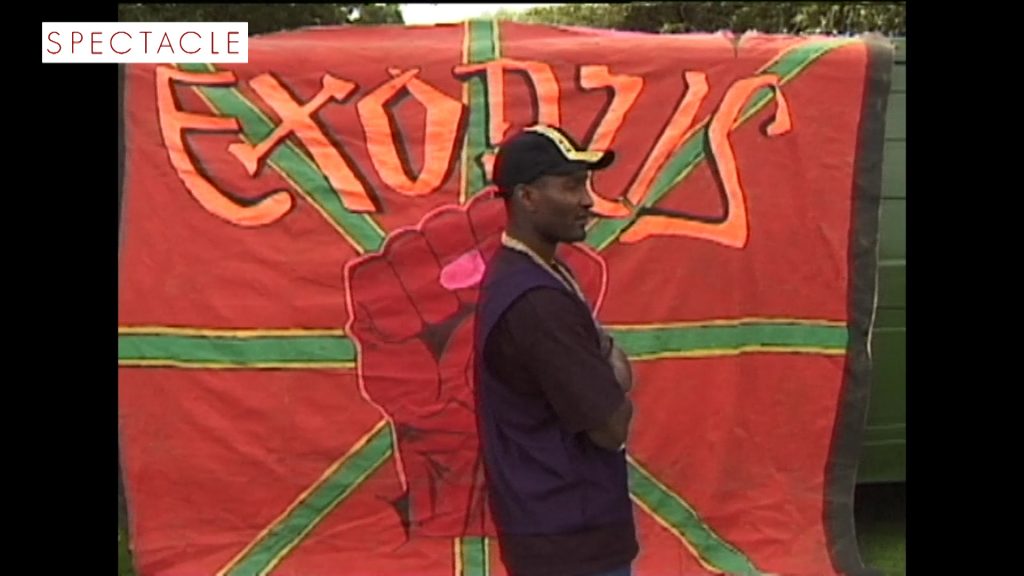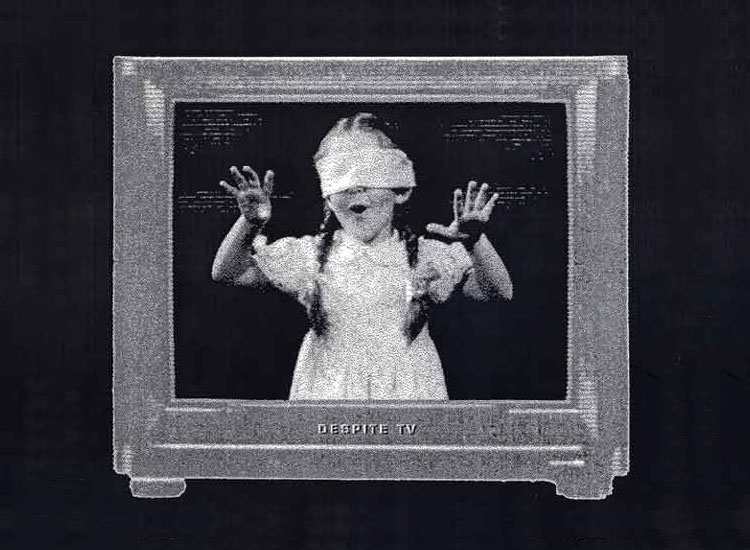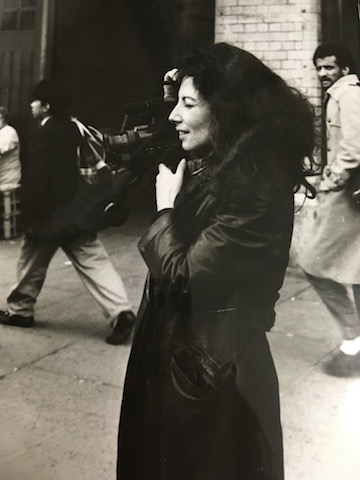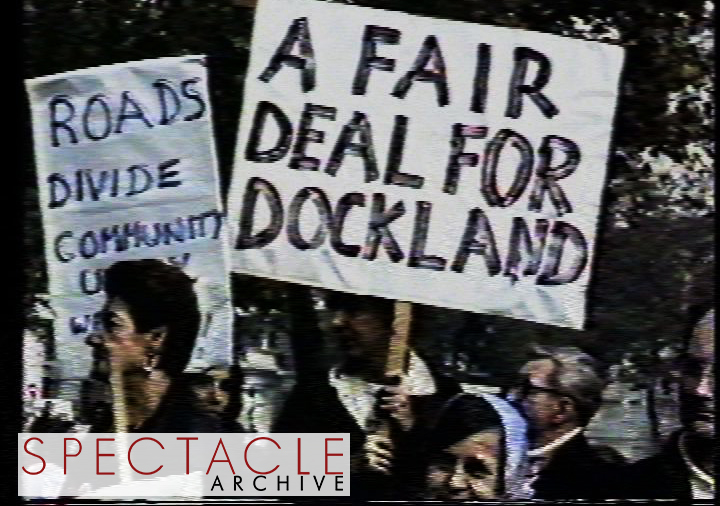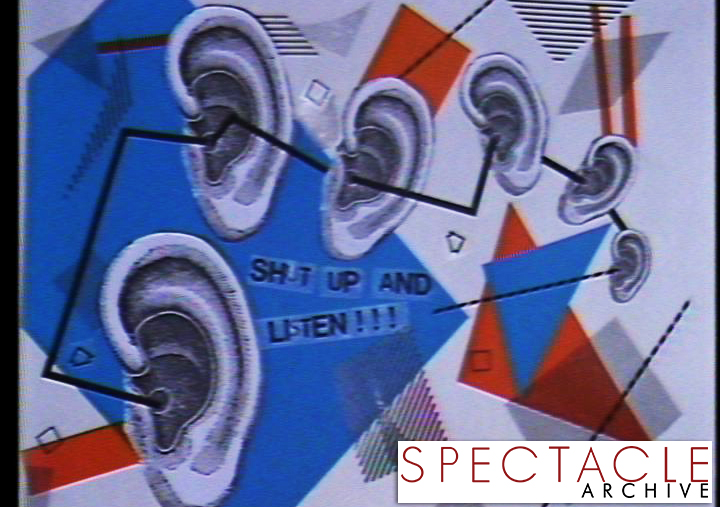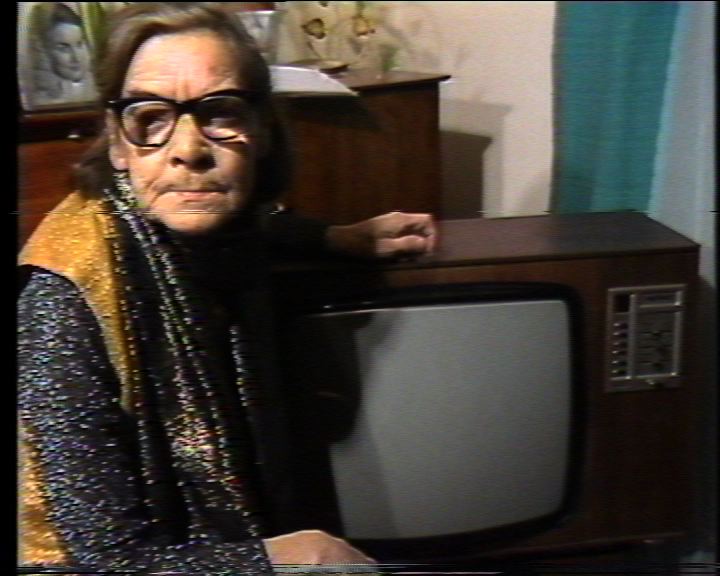Community response to epidemic in Sierra Leone
We are very happy to present the results of a recent collaboration that Spectacle has undertaken with Luisa Enria, an anthropologist at the London School of Hygiene & Tropical Medicine, helping her produce a collaborative documentary film project built around her research on epidemic management in Sierra Leone.
In January 2022, Luisa attended one of our courses for Anthropologists and Social Researchers with no prior knowledge in video-making. In just over a year Luisa and her co-directors Abass S. Kamara, a field epidemiologist, and Mohamed Lamin Kamara, a civil society activist, set up a local video advisory group, documenting with them places, events and protagonists of the epidemic response to Ebola and the more recent epidemics, including COVID-19 and measles, in Sierra Leone.
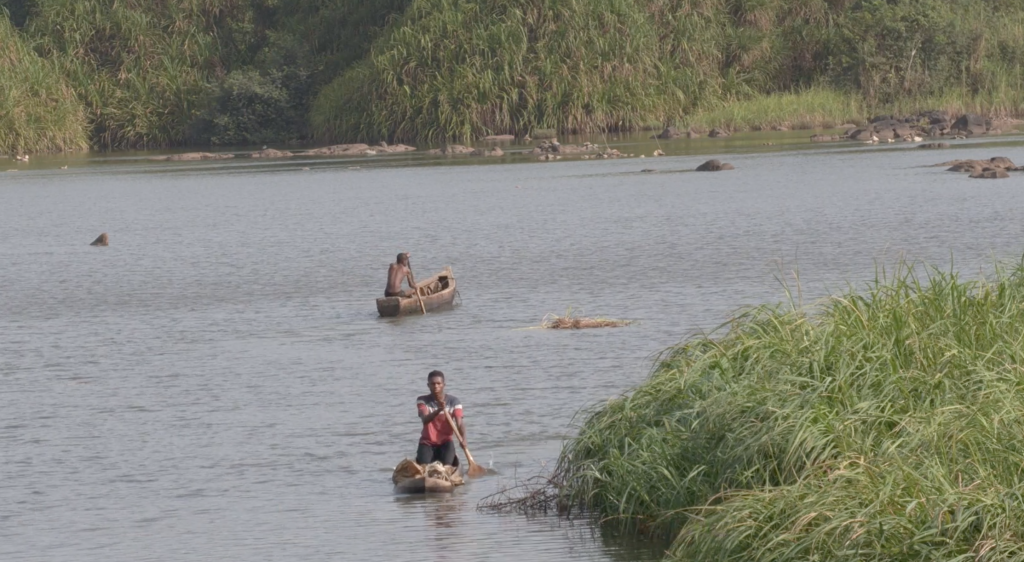
The result was the documentary film TARMA: Communities on the Frontlines of Epidemic Response. Spectacle supported Luisa in planning, developing and editing the documentary and we are proud to share with our audience and the general public a powerful account of community response to health challenges.
TARMA: Communities on the Frontlines
In 2020, as COVID-19 spread across the world, many of us had to adapt for the first time to pandemic living, taking measures to protect ourselves and our loved ones from the virus. In countries like Sierra Leone, in West Africa, as the pandemic hit, communities already knew what to do. They had been there before. In 2014-16 Sierra Leone experienced a devastating epidemic of Ebola. Amidst immeasurable losses, across the country health workers and citizens built systems to fight future diseases and foster trust amongst the population. TARMA tells the story of how ordinary citizens and local responders, from surveillance officers and doctors to traditional healers, chiefs, and civil society activists, came together during Ebola and subsequent epidemics to develop locally led solutions.
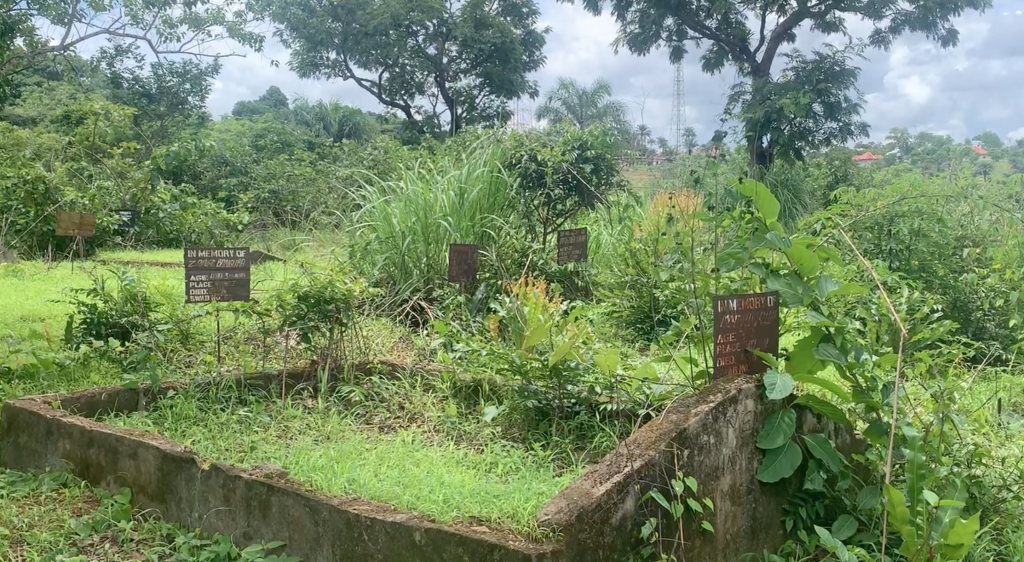
Humanitarian organisations often say that “epidemics begin and end in communities”, however responses to health emergencies in practice remain too often very top-down and rely on one-way communication with affected citizens. This fails to recognise the knowledge and expertise that already exists at local level. Set in Sierra Leone’s Northern District of Kambia, the documentary centres on the experiences of local responders, as we hear their memories of past outbreaks and follow them into the field as they search for and respond to new diseases. TARMA foregrounds the storytelling of Kambians from different walks of life, without a voiceover narrative so as to offer a direct testimony of the lessons they have learned that might help people across the world to prepare for future emergencies.
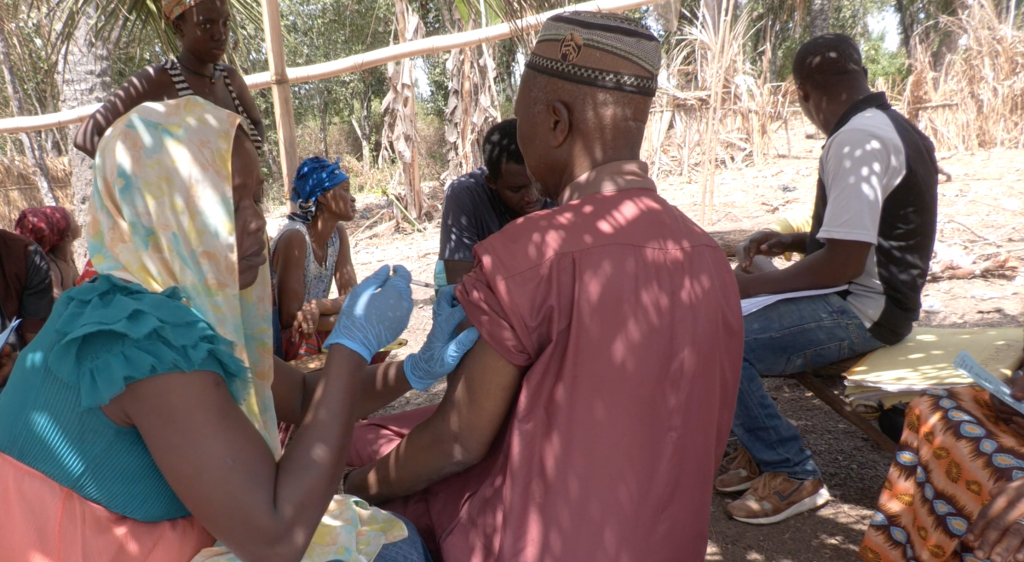
Bringing together all the different voices involved in epidemic response, the documentary shows how dangerous it can be to ignore local knowledge and the transformative potential of local leadership in building trust in times of crisis. Collaboration is not always easy, however and ‘community’ is never homogenous or without conflict and disagreements. Through the narration of Morris Bompa, an experienced traditional healer who participated in the Ebola response, we also see the tensions involved when different ways of seeing the world collide. By highlighting these negotiations, the documentary is intended to stimulate debate and discussions around questions of power and the challenges involved in daily efforts to come together in times of crisis.
Making TARMA
Due to pandemic restrictions Spectacle has started developing a range of strategies to translate into a remote work environment its participatory video tools and practice. Supporting long term research projects as well as providing research groups with video making skills that can be used in their research, Spectacle’s approach is to find practical solutions to effectively transfer the skills needed to work together as a group on a film project. Spectacle, through remote workshops, has successfully trained and supported local groups as well as dozens of researchers who gained working skills in shooting and editing video. With Luisa, Spectacle developed a bespoke set of interventions that were tailored to her specific needs as her research and film project progressed.
After attending Spectacle’s video training course, Luisa contacted Spectacle’s team asking to support her and her collaborators, none of whom had any experience in video making, to document and story tell their experience of the recent pandemics in a documentary film that could work both locally and internationally, confronting policy makers, health workers, NGOs and local communities with first-hand accounts of what happened. The film would have also served the purpose of bringing the particular experience that Sierra Leone had to the wide international audience, attempting to highlight the complexity of local responses and the importance of collaboration to overcome the health crisis.
With Mark and Michele’s precious advice, Luisa returned to Sierra Leone in March 2022 for four months of research and filming. The initial planning for the documentary drew on the experience that Luisa, Abass and Lamin had developed working together for almost a decade of research into local experiences of health crisis and emergency response in Kambia. The three of them brought their diverse perspectives as a social scientist, a field epidemiologist and a civil society activist. They decided to establish a Community Advisory Group (CAG), which met every other week in Kambia to debate ideas for the film, including selecting people to interview, deciding on locations and key activities to film. The team wanted to capture a wide range of voices and to give a flavour of what it means to do the work of epidemic preparedness every day. They travelled far and wide across the District on motorbikes and boats, joining District vaccination campaigns and measles surveillance activities or walking deep into the forest with Morris Bompa the traditional healer.
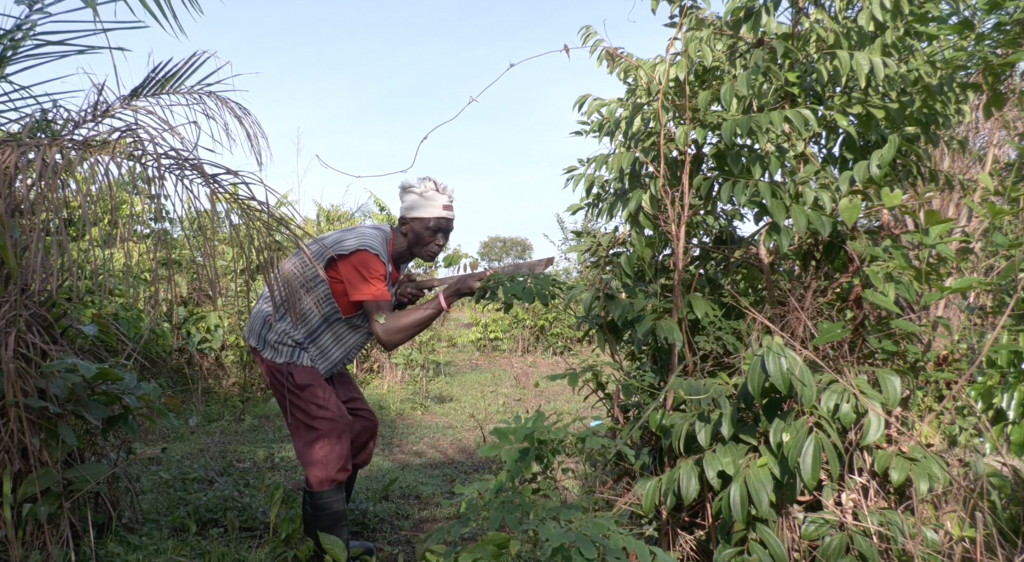
After filming, Luisa and Sallieu Kamara, a member of the CAG with interest in filming, attended Spectacle’s Video Editing course, aiming at understanding video editing in terms of process that can, through specific workflows, be shared within a group, improving the ability to analyse material while moving forward the editorial process. Spectacle has then offered technical support in setting up the editing project, allowing Luisa to work in her own time towards a fine cut in collaboration with local partners. Working along with our Spectacle’s professional editor and anthropologist Michele de Laurentiis, and with the supervision of our director Mark Saunders, Spectacle helped Luisa and her collaborators to achieve incredible results, giving birth to an engaging and informative film that has already been shown locally to stakeholders and is now ready to begin its journey spreading its messages all over the world.
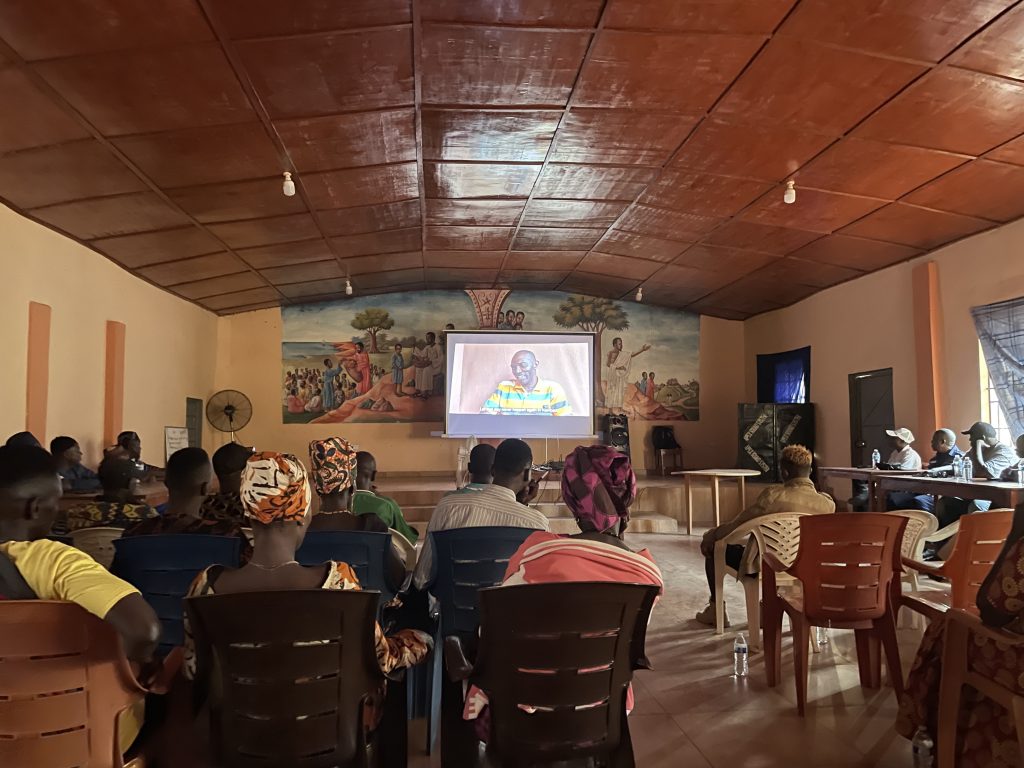
The finished film was first shown in March 2023 in Sierra Leone at a community preview screening in Kambia, attended by all who participated in the film, the CAG and the public. A week later, the CAG travelled to Freetown to present the film at the Emergency Operations Centre of the Ministry of Health and Sanitation where the preview sparked fascinating discussions about opportunities but also significant challenges of better integrating local knowledge, including that of traditional healers, in how we think about epidemics and how we design responses to them.
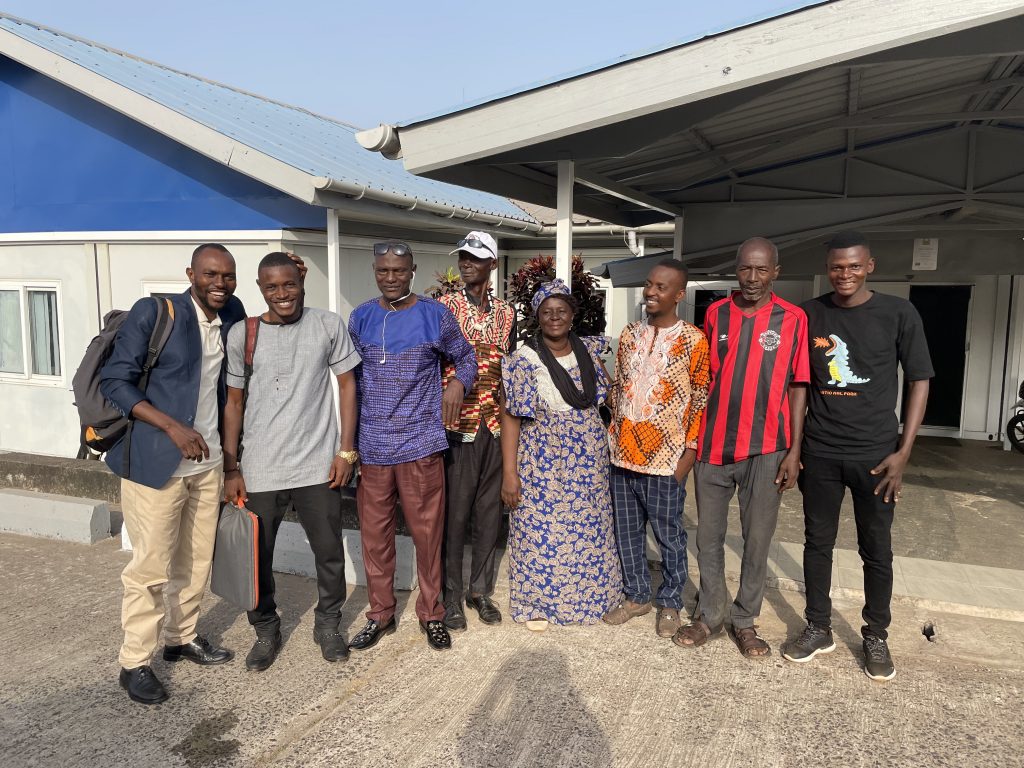
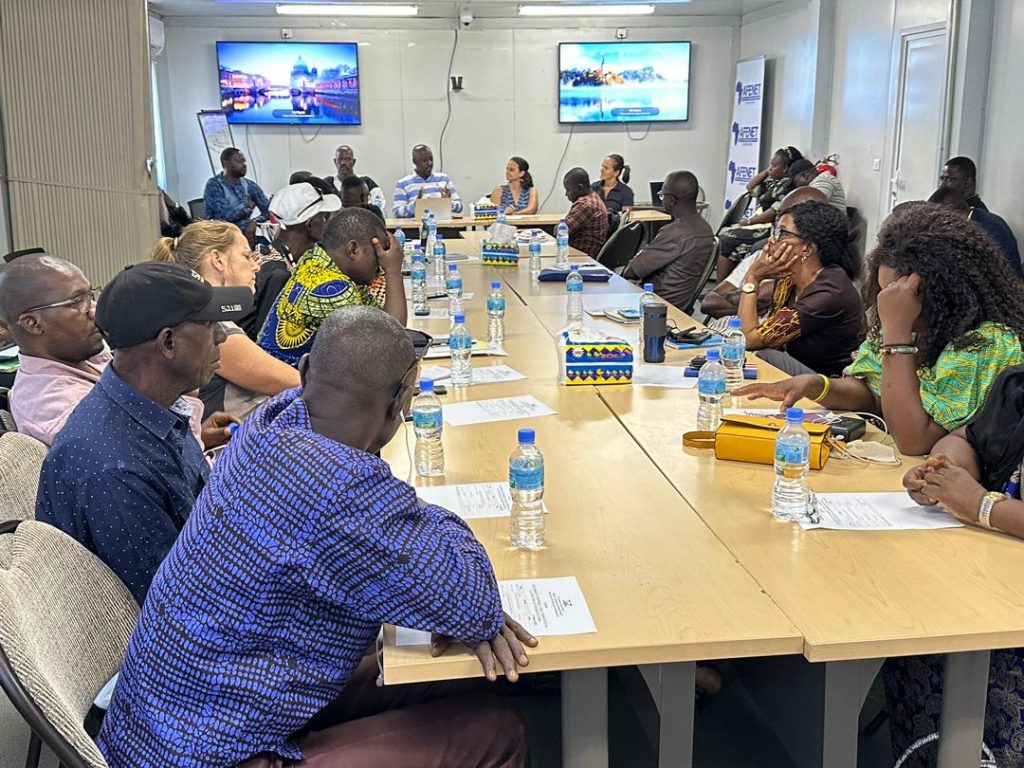
The documentary is part of a larger project called “Crisis of Confidence” The Politics of Knowledge and (Mis)Trust in Epidemic Preparedness”, funded by a UKRI Future Leaders Fellowship (MR/T040521/1) and conducted in partnership with the Kambia District Health Management Team and Anthrologica.
Blog post by Luisa Enria and Michele de Laurentiis
Read more about Spectacle’s participatory model and past projects.
How to contact Us
If you want to be trained in Participatory Video you can attend one of our Participatory Video Workshops or organise a bespoke programme for you and your organisation.
For more information or to chat about your project and ideas email us at training@spectacle.co.uk
Sign up to our Newsletter for more information about our ongoing projects.
Spectacle Homepage
Spectacle training courses
Like Spectacle Documentaries on Facebook
Follow us on Twitter, Instagram, Vimeo, Youtube and Linkedin

